The initiative, promoted by the CEF Can Mir and the Rubí City Council and funded by the Erasmus+ program, is preparing a ‘white paper’ of good practices and proposals for regulatory changes to promote social inclusion through sport.
It is well known that sports, and football in particular, can be a very powerful tool for social inclusion. There are many examples in Catalonia, from entities as large and important as FC Barcelona to smaller ones that develop a great task, like the UE Balafia (Lleida) or the CEF Can Mir (Rubí), which has become an example in this area.
"Football works as a motivating element and, at the same time, it incorporates a part of socialization, sharing and learning a language, discipline, doing things in a certain way and acquiring habits, knowing the running patterns of a society," says Jordi Peiró, president of the CEF Can Mir.
It is in this spirit that the project ‘Breaking baRriers to migrAnt soCial intEgration through football’ (BRACE)’ was put forward, a program of social inclusion for young migrants through football led by the Rubí City Council and the CEF Can Mir, and funded by the Erasmus+ European plan.
The initiative will be deployed for a whole year and also has the participation of international entities such as the Associazione Sportiva Bresso 4, from Italy; KCS Machelen from Belgium and Instituto Superior de Gestao from Portugal. All of them, like CEF Can Mir, work to contribute to the inclusion of migrant youth through the sport.
A ‘white paper’ with proposals to improve inclusion
The BRACE project goes far beyond football and aims to provide solutions for breaking the barriers that obstruct the inclusion of young people coming from other countries to Europe, which prevents them from building a life project and often leads them to situations of social exclusion. In order to achieve a positive impact, the initiative will be settled thanks to a ‘white paper’, which will move proposals for regulatory changes to different authorities of the European Union, member states and federations.
“Thanks to the experience of the entities, we will prepare this ‘white paper’ of good practices that will set out guidelines and proposals, which must be carried forward by European institutions to encourage the inclusion of young people in society through sport, football in particular,” describes Jordi Peiró.
In this regard, CEF Can Mir has a wide knowledge of the support of values such as inclusion and diversity, not only in terms of migrant youth but in the work of people with disabilities. The project of the Rubí’s club is a consolidated initiative that bases its philosophy on making football possible for everyone, instead of focusing on success. “Competition and record books are secondary issues for us, there are much more important things,” the president notes.
For CEF Can Mir, boosting and participating in this project is a recognition of the work done, which has often not been easy. “We have often come up against the harsh reality of working with young migrants who fight for a full integration, both on the social and legal, and regulatory and federative sides, where the barriers are still numerous. The BRACE project must serve to detect and solve them if we want to promote sport and football as a tool of inclusion,” Peiró added.
Machelen hosts the first meeting of the project
The project started its work with an initial meeting last weekend in the Belgian town of Machelen, where delegations of all the organizations that are part of the project have been able to learn firsthand about the work of KS Machelen in terms of inclusion through sport. Seminars and lectures have also been organized to share experiences and proposals, as well as, of course, football matches involving the young members of the different entities.
“The exchange has been very beneficial because, at the end of the day, these entities are doing what we do, we often encounter the same difficulties. We have been able to learn about new ways of organizing things and new ideas that can also help us; the truth is that, from the very beginning, an incredible brotherhood has been created because we are all on the same team,” CEF Can Mir President tells us about the first BRACE meeting.
The next steps of the project will be new international meetings in Brussels, Bresso, Lisbon and finally, Rubí, next June, where the first stage of the initiative will close. At these meetings, the participants will analyze the situation of migrants, refugees and unaccompanied minors in the EU. New ways of moving towards social inclusion for vulnerable people will be discussed, as well as workshops and awareness-raising days in schools.
The initiative goes in the direction of making possible the inclusion projects already carried out by these entities. It is crucial to lay the foundations for facilitating further actions to promote the social inclusion of young migrants through football. However, as Peiró recalls, 'it is not just a matter of goodwill of the entities, many things have to change in order to achieve this objective, for example, regarding regulations, and on this matter, the European institutions must have their role’.
The BRACE project has begun to move thanks to this purpose which, with the leadership of Rubí and CEF Can Mir, hopes to give new impetus to football as a tool to facilitate the inclusion in society of vulnerable groups, such as young migrants arriving in Europe seeking an opportunity.
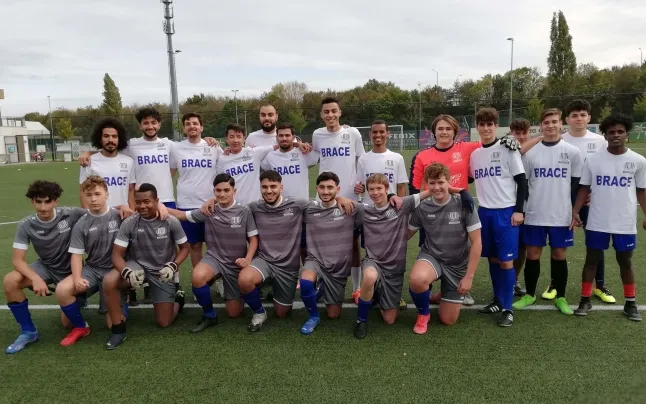
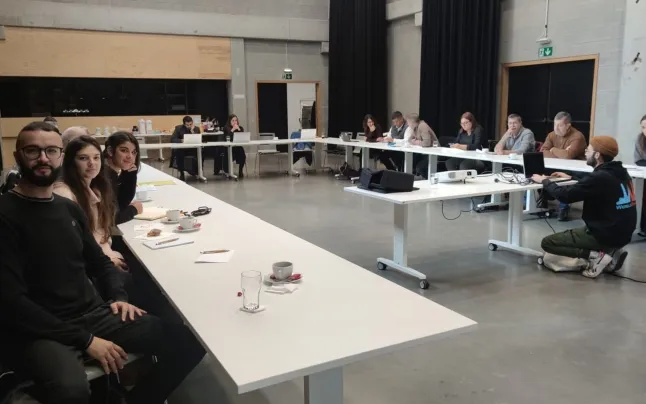
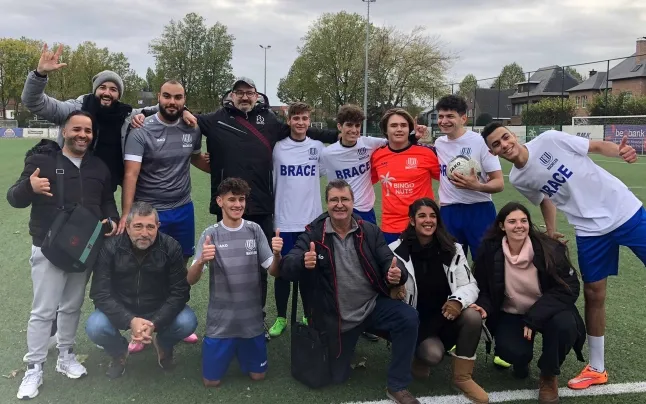




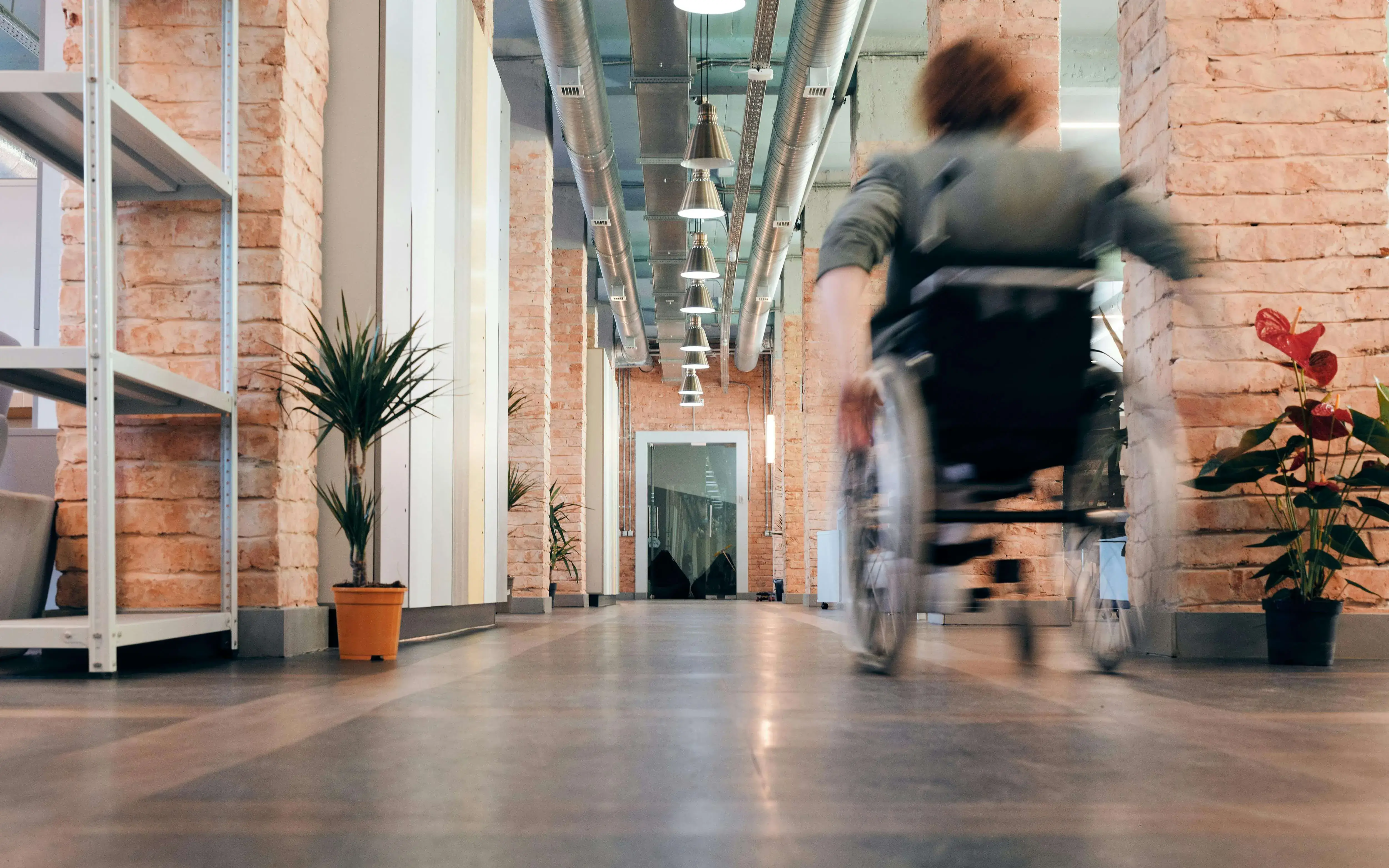
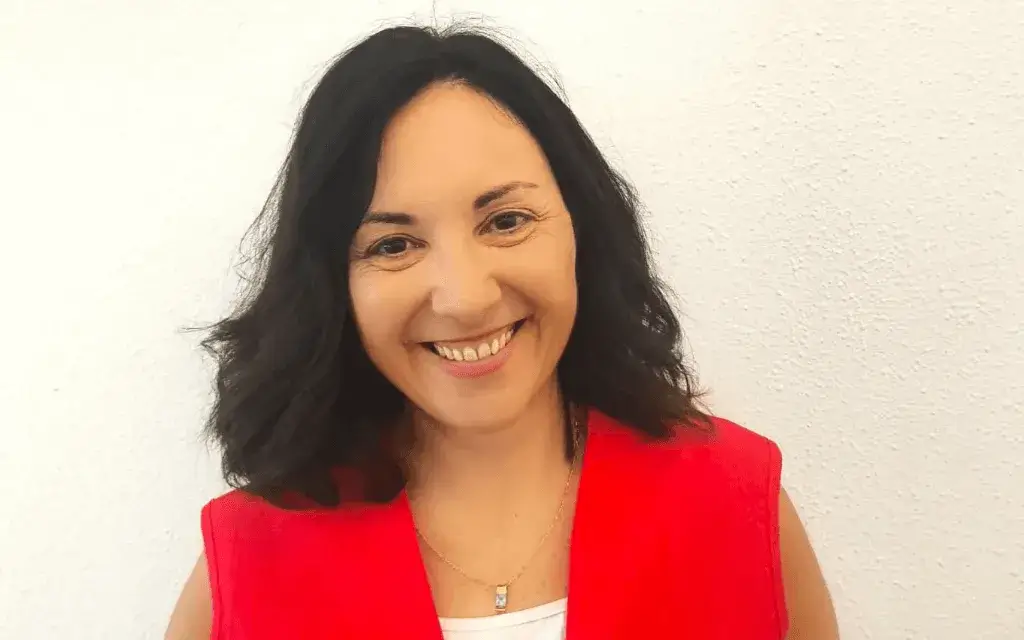
Add new comment